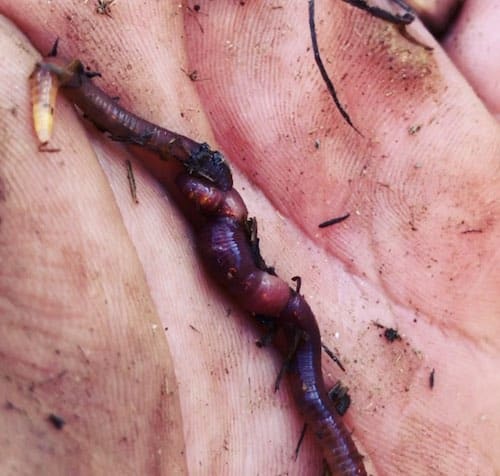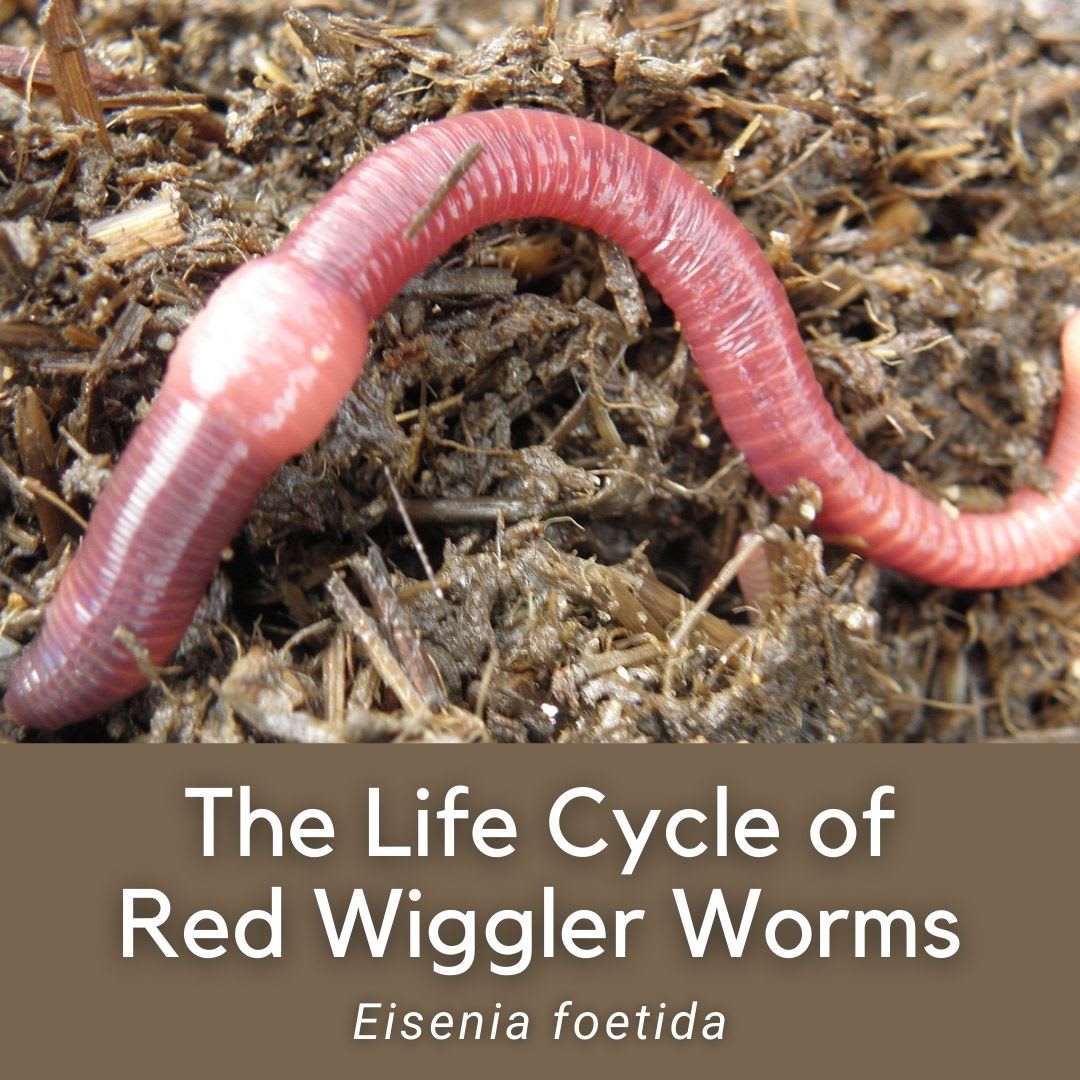Maximize Lawn Growth with Quality Products from Red Wiggler Express
Maximize Lawn Growth with Quality Products from Red Wiggler Express
Blog Article
Open the Tricks of Red Wigglers: Your Guide to Composting Success
The integration of red wigglers into composting methods presents a substantial opportunity for improving dirt health and advertising sustainability. These microorganisms are not simply effective recyclers of natural waste; they supply a myriad of advantages that can change yard management. Recognizing their requirements and habits is important for optimizing their potential, from establishing up a proper worm container to feeding them the right products. As we check out the vital elements of effective vermicomposting, one might wonder how these small animals can bring about an extra vibrant and productive garden ecological community.

What Are Red Wigglers?
(Red Wiggler Express)Red wigglers, clinically understood as Eisenia fetida, are a varieties of earthworm primarily used in composting because of their remarkable ability to disintegrate natural issue efficiently. These worms are characterized by their reddish-brown coloration and a segmented body, typically determining in between 3 to 4 inches in length. Unlike other earthworm varieties, red wigglers thrive in rich, organic settings, making them ideal for vermicomposting systems.
Belonging To North America, they are typically found in decomposing leaves and compost heap, where they play a crucial duty in nutrient recycling. Their adjustment to living in a wet, cardio setting allows them to take in huge amounts of organic waste, simplifying right into nutrient-rich castings that boost soil wellness.
Red wigglers replicate rapidly, with a single worm efficient in creating several cocoons each week, each having multiple hatchlings. This quick recreation price adds to their performance in composting operations. They choose temperature levels between 60 ° F and 80 ° F, and their task degree enhances substantially within this array, further helping in the disintegration procedure. Understanding the biology and behavior of red wigglers is vital for optimizing their capacity in composting applications.
Advantages of Using Red Wigglers
Using the power of red wigglers in composting provides countless benefits that boost dirt wellness and promote sustainable waste management. These impressive organisms successfully break down raw material, transforming kitchen scraps and lawn waste into nutrient-rich vermicompost. This completed item is incredibly beneficial for plant growth, as it boosts soil framework, raises wetness retention, and enhances nutrient accessibility.

(Red Wiggler Express)Additionally, the existence of red wigglers in your composting system can speed up the composting process, creating high-grade compost in a portion of the time compared to typical techniques. The spreadings created by these worms are likewise including beneficial bacteria that even more improve the dirt ecosystem.
Establishing Up Your Worm Bin
Creating an effective worm bin is an uncomplicated procedure that can dramatically improve your composting initiatives. Worm containers can be made from plastic storage space bins, wood boxes, or readily offered worm containers.
Next, prepare the bed linen product, which serves as the worms' environment. A mix of shredded newspaper, cardboard, and coconut coir functions well, providing a comfy atmosphere for the worms.

Feeding Your Red Wigglers
To make certain the health and wellness and performance of your red wigglers, it is vital to give them with a balanced diet plan that meets their dietary demands. Red wigglers grow on a varied selection of natural products, which not just supply essential nutrients but additionally promote reliable composting.
Start by including kitchen scraps such as veggie peels, fruit cores, and coffee premises. Avoid citrus fruits, More Info onions, and garlic, as these can be destructive to worm health and wellness. In addition, present shredded paper, cardboard, and completely dry fallen leaves to produce a well-aerated setting.
Feeding frequency must be kept an eye on; normally, worms can consume half their body weight in food weekly. It is essential to prevent overfeeding, as excess food can lead to unpleasant odors and bring in parasites. A great method is to include food in percentages, allowing worms to process it before presenting more.
Maintaining dampness levels is additionally vital; the bedding should be moist but not soggy. Be sure to frequently examine the temperature level and pH degrees of the bin to guarantee an ideal atmosphere for your red wigglers, inevitably improving their composting performance.
Harvesting and Utilizing Garden Compost
A successful composting process with red wigglers culminates in the abundant, dark compost understood as vermicompost, which can substantially enhance dirt wellness and plant growth. Gathering this nutrient-dense product usually happens every three to six months, relying on the dimension of your system and the quantity of raw material being refined.
To collect, gently separate the compost from the worms and any type of undecomposed products. One efficient technique entails moving the contents of the container to one side and including fresh bed linen and food to the vacant space, motivating the worms to migrate. After a couple of days, the compost can be collected from the opposite side.
It is vital to utilize vermicompost properly to maximize its benefits. It can be utilized as a leading clothing for garden beds, blended into potting dirt, or brewed right into a nutrient-rich liquid plant food called "worm tea." This application technique aids to provide crucial nutrients straight to plant roots, promoting much healthier growth. By integrating vermicompost right into your horticulture regimen, you not just recycle natural waste yet also create a growing ecological community that supports sustainable horticulture methods.
Final Thought
In recap, red wigglers act as exceptional allies in composting initiatives, transforming organic waste into nutrient-rich vermicompost (Red Wiggler Express). Their distinct biological attributes and efficient waste processing capabilities add dramatically to lasting gardening methods. By comprehending the ideal problems for their environment, feeding needs, and compost harvesting methods, gardeners can improve soil health and wellness and advertise plant vitality. Accepting vermicomposting not just reduces garbage dump waste yet additionally promotes an extra eco liable approach to horticulture and source monitoring.
Report this page